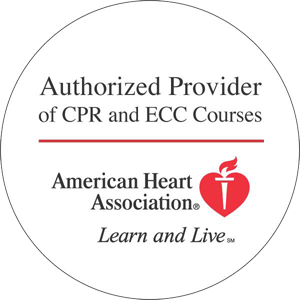Physical movement has always been important for children, but that is even more true now, as distance learning has kept kids indoors and on screens. With the school year underway and winter fast approaching, parents are thinking about how to keep their kids healthy and happy in the coming months. The American Heart Association shared some insight and tips on encouraging physical activity while kids are learning from home.
What’s one easy way to protect your family’s health while staying at home? Learn CPR and first aid! HeartCert CPR is offering virtual CPR training options to keep our students safe.
The Benefits of Physical Activity For Distance Learners

Physical activity is important for people of all ages. Regular physical movement strengthens heart muscle strength, improves artery health, and lowers cholesterol and blood pressure. It releases endorphins that boost mental health and well-being, which is especially important as we navigate these difficult and stressful times.
In addition, physical activity helps the brain perform better, and has been shown to boost academic performance. It helps kids focus and be more productive in learning.
How to Keep Kids Moving in Distance Learning
Federal guidelines recommend that children and teenagers get at least one hour of robust physical activity every day. But this doesn’t mean that you need to block out an hour for exercise during your already busy days at home.
Find ways to adapt distance learning lessons to include movement, even if it’s just asking students to stand up, move around, and come sit back down. Make activity a family affair. Go for a walk or bike ride together, or take 5 minutes for a dance break. It will benefit everyone. (If you’re looking for ways to make your family more heart-healthy, check out this blog post.)
HeartCert CPR is your trusted training partner for CPR, ACLS, PALS, EMR and First Aid in the Twin Cities and throughout Minnesota. HeartCert CPR courses include CPR/AED/First Aid and CPR/AED, Basic Life Support (BLS), Advanced Cardiac Life Support (ACLS), Pediatric Advanced Life Support (PALS), and Certified Nursing Assistant training. Courses and certifications from both the American Heart Association and American Red Cross are available.
We are now offering virtual CPR courses and certifications! Find your CPR class at any of our convenient Twin Cities locations, including our headquarters, HeartCert CPR Eagan.








